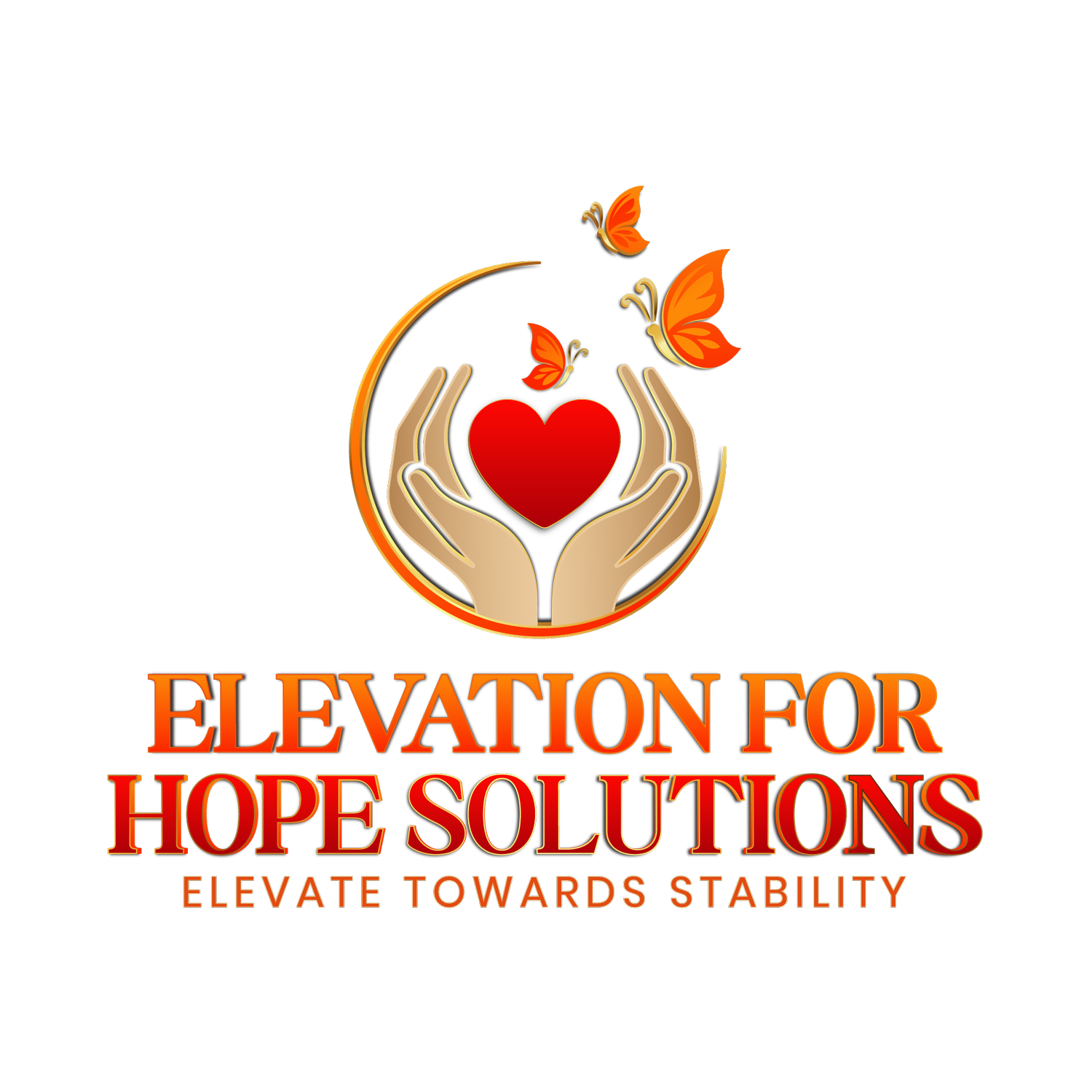Frequently Asked Questions
1. What is shared supportive housing?
Shared supportive housing is a living arrangement where individuals share a home or apartment while receiving services designed to help them maintain housing stability and achieve their personal goals. This type of housing creates a supportive community for individuals facing homelessness, mental health challenges, or other obstacles to stable living.
2. Who is eligible for shared supportive housing?
The eligibility criteria for shared supportive housing can vary based on the specific program and funding sources. Generally, individuals who are experiencing homelessness or have a history of mental illness, substance use disorders, or other challenges that affect their housing stability may qualify for this type of housing.
3. What supportive services are offered in shared supportive housing?
Our shared supportive housing offers a range of services to help residents maintain stability and independence. These include weekly check-ins, light case management, and connections to third-party resources such as healthcare, mental health support, food assistance, employment services, and help obtaining identification or essential benefits. We also provide a structured, respectful living environment that fosters community support and personal growth.
4. How are roommates matched in shared supportive housing?
In supportive shared housing, roommate matching typically considers factors like compatibility, shared interests, and individual support needs. Program staff may conduct assessments and interviews to identify the best fit for each person, taking into account their preferences and any potential conflicts.
5. Is shared supportive housing affordable?
Yes, our shared supportive housing is designed to be affordable. Shared rooms range from $750–$800 per month, and private rooms from $950–$1,000 per month, with all utilities and furnishings included. In certain situations, rent may be negotiable based on individual circumstances.
6. What amenities are included in shared supportive housing?
Amenities in shared supportive housing can differ based on the property and program. Common amenities may include furnished bedrooms, shared living areas, kitchens, bathrooms, laundry facilities, outdoor spaces, and access to supportive services either on-site or nearby.
7. How long can individuals stay in shared supportive housing?
Individuals may remain in our shared supportive housing for as long as needed, provided all rules, policies, and directives are followed. Our program is designed to offer both short-term and long-term housing options, allowing residents to stay until they achieve stability and independence, based on their individual needs and circumstances.
8. How can I apply for shared supportive housing?
To apply for supportive housing, the first step is to complete our prescreening intake form. If you meet all requirements, you will then be scheduled for an intake assessment. Upon approval, you will receive a welcome letter containing all the information and details needed to ensure a smooth transition into your new home.
9. Is shared supportive housing safe and secure?
Yes, our shared supportive housing is safe and secure. We maintain a structured living environment with clear rules and policies to protect all residents. The property is equipped with security monitoring systems, and staff conduct regular check-ins to ensure the well-being of everyone in the home. We are committed to providing a respectful, stable, and secure space where residents can focus on rebuilding their lives.
10. Do you provide housing for families?
Currently, we do not have housing available for families or women with children. Our program is designed for single adults. We recommend that you contact local social service agencies, homeless shelters, housing authorities, or community organizations for assistance.
11. Do you help with rental assistance or utility assistance?
We do not provide assistance with rental or utility payments.
11. Do you offer refunds? All program fees paid are non-refundable. We will strive to accommodate participants' needs and make necessary referrals to other providers or community resources if we are not a good fit.
If you have any questions or need assistance, please contact us. We are here to help!

